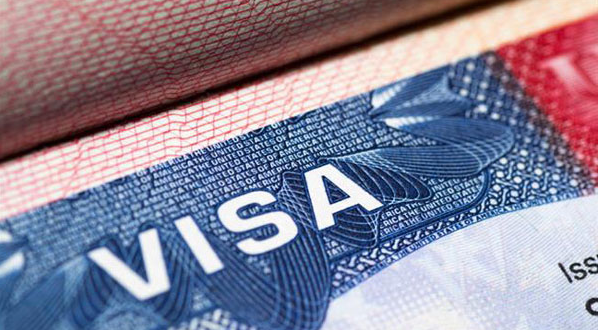The United States Department of State has announced 15 per cent hike in fees for certain non-immigrant visa applications, including travel visas.
The increment published in the Federal Register on March 28, 2023, will be effective on May 30, 2023. The U.S. government said in the document;
“The fee for visitor visas for business or tourism (B1/B2s and BCCs), and other non-petition based NIVs such as student and exchange visitor visas, will increase from $160 to $185.
“The fee for certain petition-based non-immigrant visas for temporary workers (H, L, O, P, Q, and R categories) will increase from $190 to $205.
“The fee for a treaty trader, treaty investor, and treaty applicants in a specialty occupation (E category) will increase from $205 to $315.”
The U.S government added that the NIV fees are set based on the actual cost of providing NIV services and are determined after conducting a study of the cost of such services, adding that an Activity-Based Costing (ABC) methodology was used to calculate, annually, the cost of providing consular services, including visa services.
The fees for most non-petition-based NIVs were last updated in 2012, and certain other NIV fees were last updated in 2014. Other consular fees are not affected by this rule, including the waiver of the two-year residency required fee for certain exchange visitors.
It added;
“NIV fees are set based on the actual cost of providing NIV services and are determined after conducting a study of the cost of these services.
“The Department uses an Activity-Based Costing methodology to calculate, annually, the cost of providing consular services, including visa services. The fees for most non-petition based NIVs were last updated in 2012, and certain other NIV fees were last updated in 2014.
“Other consular fees are not affected by this rule, including the waiver of the two-year residency required fee for certain exchange visitors.
“Visas for work and tourism are essential to President Biden’s foreign policy, and we recognize the critical role international travel plays in the U.S. economy.”


